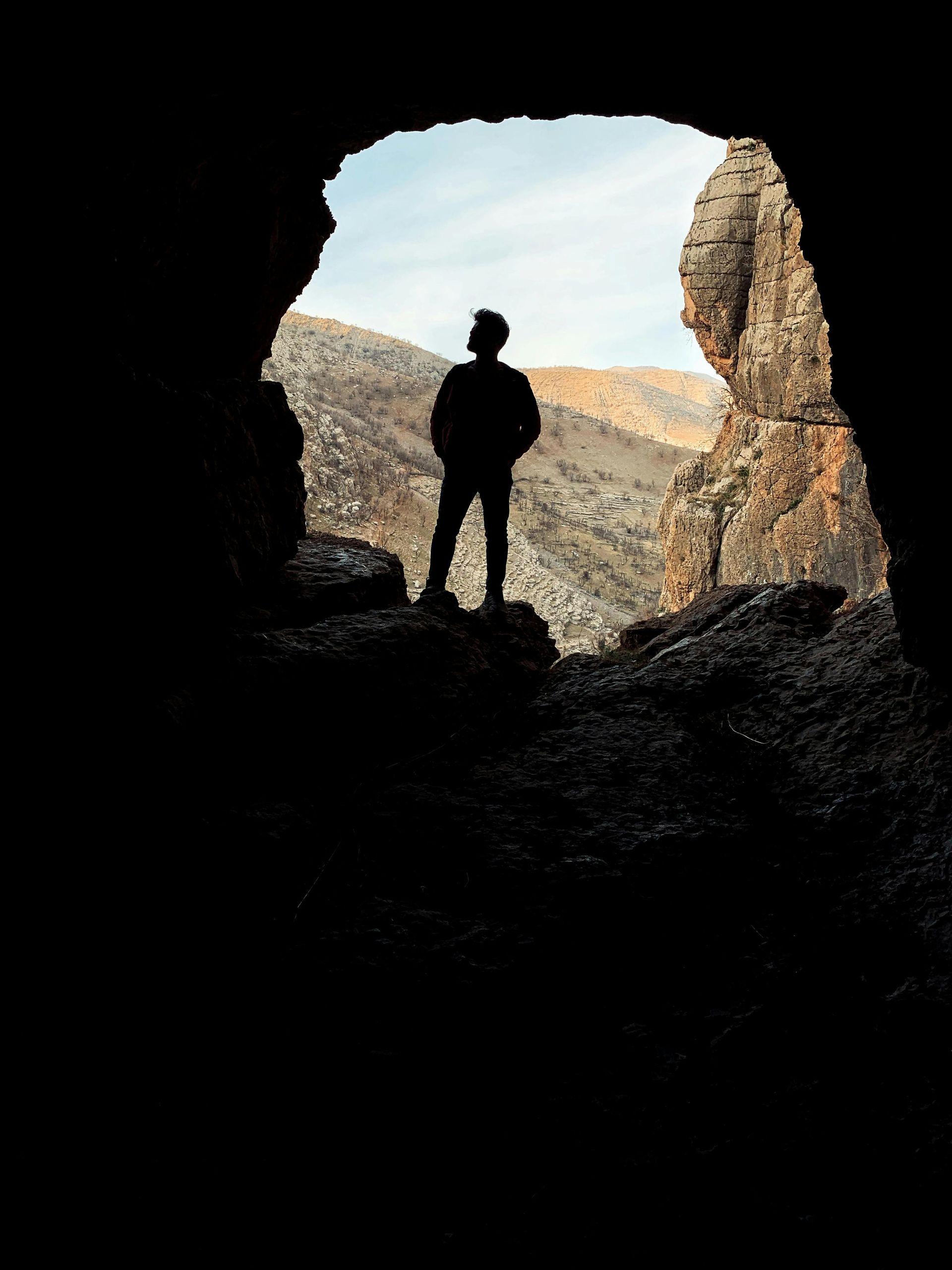
The Joy of Elderhood
A Time of Freedom, Exploration, and Purpose

When most people think of life after 60, they picture a time of decline, a slowing down, or perhaps even a waiting room for death. Retirement is often seen as the end of the road, with people anticipating their bodies breaking down, the loss of purpose, and the expectation that the only joy left is time spent with grandchildren. For many, this stereotypical view is ingrained in the cultural narrative, but it doesn’t have to be your reality.
Elderhood can actually remind one more of late adolescence / early adulthood than of any notion of decline. Interestingly, this period of life has much in common with the transition into emerging adulthood. Both phases involve stepping away from old roles, shedding past identities, and embracing new possibilities. Emerging adults—those in their 20s—face the freedom of independence, the excitement of new opportunities, and the challenge of defining their own path. Similarly, emerging elders—those in the later stages of life—find themselves in a similar phase of reinvention, free from the demands of raising children and careers, and eager to explore new interests and purpose. Both stages involve a sense of exploration, curiosity, and discovery, albeit at different points in the life cycle.
While the body may not be as young as it once was, it remains capable. The mind is sharper than ever, and the spirit is alive with possibility.This stage of life offers an opportunity to be comfortable in your own skin, fully aware of your accumulated wisdom, and grounded in the lessons learned over the years. It’s a time of creative exploration, not resignation. The hunger for life isn’t gone; it’s just more focused on new opportunities, passions, and avenues for growth. This isn’t just an individual experience—it’s shared by many who are approaching or have just entered retirement. For them, elderhood is a time of opportunity, not limitation.
The common stereotype is that retirement means slowing down, stopping new challenges, and simply “taking it easy.” But for many, it’s exactly the opposite. The freedom this stage provides creates the perfect environment to explore new passions, expand horizons, and dive into things once pushed aside due to other commitments. With savings or disposable income, this stage opens doors for spontaneity and adventure.
Many find themselves taking up new hobbies—perhaps painting, writing, or photography—or getting involved in local politics and advocating for causes they care about. Some choose to volunteer, joining boards and sharing their expertise to support the next generation. Travel becomes more accessible, and learning, whether through formal education or personal growth, becomes an exciting, ongoing pursuit. Elderhood offers a world of possibility—a time to follow interests and passions without the constraints that once held you back.
There’s an irreverence to this time of life as well. The pressure to conform to traditional roles or expectations fades, offering the freedom to break the mold. This is a time to embrace humor, fun, and a sense of adventure in ways that may not have been possible before. It can be said that this is, in many ways, the best time of life—not because of its ease, but because of the lack of pressure. No longer measuring up to the standards set by others, you’re free to create your own path forward.
If you’re approaching this stage of life, consider investing in a coach to help you navigate this transformative time. A coach can assist in clarifying what matters most to you and in exploring what you want to do next. Elderhood doesn’t need to be defined by the typical stereotypes—it’s a time of discovery, creativity, and renewal. With guidance, this stage can become a period of authentic self-expression, where you embrace the freedom to live fully, share your gifts, and find joy in new possibilities.
Kathryn Leigh Goetz, PhD
See the world as you want it to be and learn how to make it that way.
QUICK LINKS
SERVICES
- EXECUTIVE CAREER COACHING
- AUTHENTIC FEMININE LEADERSHIP
- INVENT YOUR RETIREMENT
- STRATEGIC PLANNING
- ORGANIZATIONAL, BUSINESS, & PRODUCT DEVELOPMENT
- BRANDING

